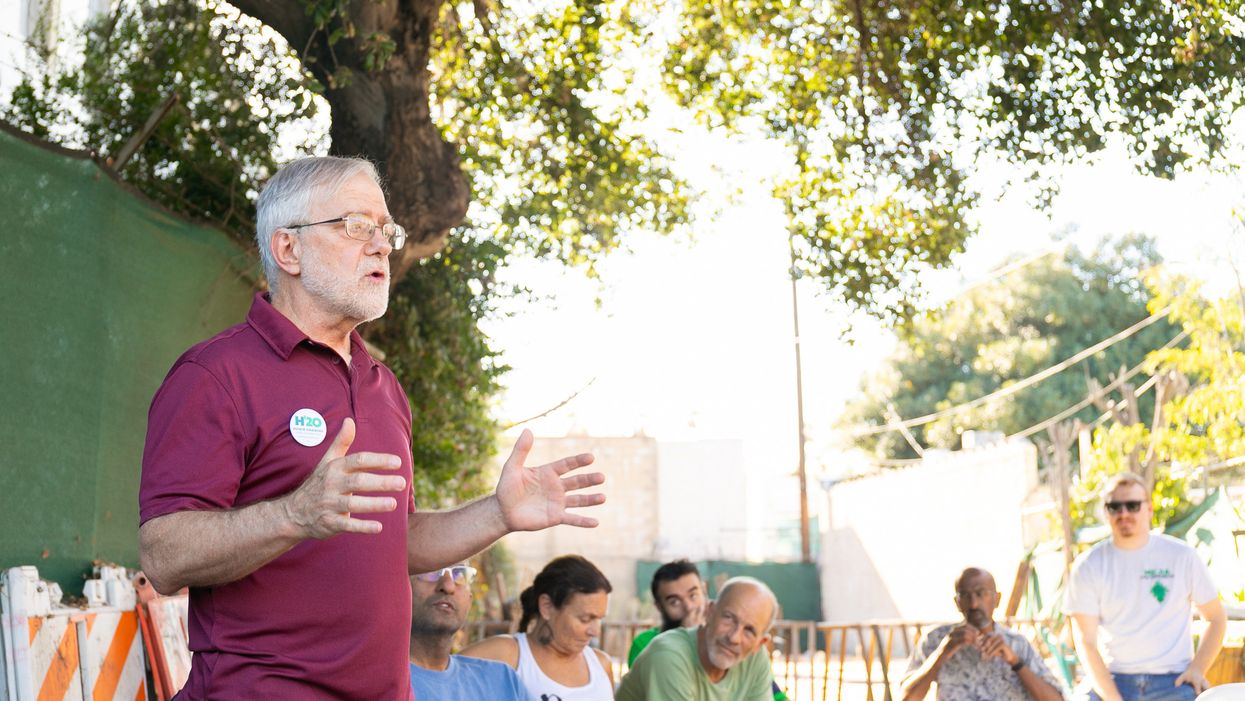The mailing of absentee ballots in Wisconsin has been put on hold just a week before voters are required to start receiving them, the result of a state Supreme Court ruling in a case pitting the rights of minor parties against the orderly conduct of a battleground state's presidential election.
The court ruled 4-3 on Thursday that no vote-by-mail ballots may be distributed until the justices decide whether to add the Green Party presidential ticket to the ballot, an action that may come more than a week from now.
The four Republicans on the court favored hitting the pause button and the three Democrats opposed it. The outcome of the Greens' bid could decide the fate of the 10 electoral votes in the tossup state, because the chance to vote for the progressive candidates is sure to siphon off support from Joe Biden to the benefit of President Trump.
More immediately, the high court's order added another chaotic chapter to the story of courts complicating voting in Wisconsin during this year's pandemic.
Almost 1 million requests for mail-in ballots have already been received, signaling use of the mail this fall will smash past records in the state. (The presidential vote total four years ago was 2.8 million). And at least 378,000 absentee voting envelopes have already gone in the mail, the state's chief elections official estimated Thursday night.
"It would be incredibly complicated and difficult" at this point to print more than a million new ballots and come up with a reliable system for relying on replacements for the ones already distributed, she said, especially because the responsibility falls to 1,850 municipal clerks across the state. (One illustration of the logistical nightmare is that Milwaukee County has to print 475 different ballots.)
The state's high court has the authority to suspend the law requiring that absentee ballots go out starting Sept. 17 — but it has no power to address a federal law requiring them to be sent to military and overseas voters just two days later.
The Green nominee, retired UPS laborer Howie Hawkins from upstate New York, is not the only minor party candidate who's sued after being denied a spot on the ballot by the state Elections Commission. So has rapper Kanye West, and his separate case could further delay ballot distribution.
Four years ago, Green candidate Jill Stein received 31,00 votes in Wisconsin — while Trump's margin of victory was only 23,000 votes, or less than a single percentage point.
The party sued after its 2020 ticket was blocked from the ballot last month, when the Elections Commission deadlocked on whether that was the right punishment for vice presidential candidate Angela Walker having used two different South Carolina addresses on her filings. The panel's three Democrats said that was enough to disqualify her and Hawkins. The three Republicans wanted to allow Wisconsinites the chance to vote for the Green ticket.
The GOP seems less interested in seeing if West, too, will take votes away from Democratic ticket. The commission rejected him for a spot on the ballot, 5-1, after finding his team was minutes late in filing the proper paperwork last month. An initial ruling in his lawsuit is expected next week.
A decision is also expected any day in a wide-ranging lawsuit by the Democratic National Committee, which is pushing to ease the rules in ways the party hopes will boost turnout — and with it Biden's chances.
The state's voters have become very used to watching judges arbitrate election rules this year.
Republicans who insisted on conducting the primary on schedule in April, as the first wave of the coronavirus was surging, got their way by persuading the state Supreme Court to overrule Democratic Gov. Tony Evers' plan for a delay — and by getting the U.S. Supreme Court to reverse a lower court's decision that absentee ballots cast at the last minute should count even if delayed in the mail six days. At least a score of poll workers and in-person voters later became ill with Covid-19, the state says.




















